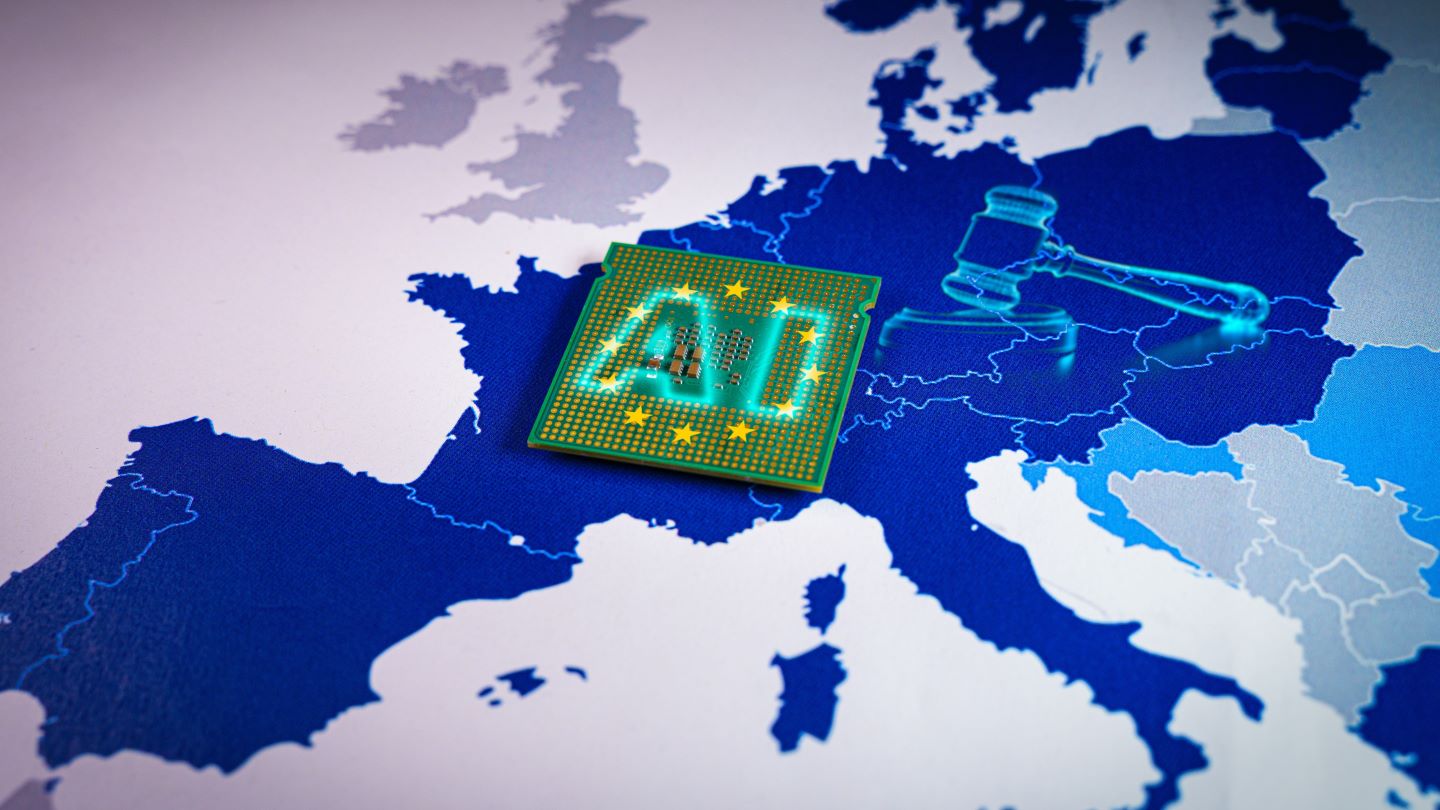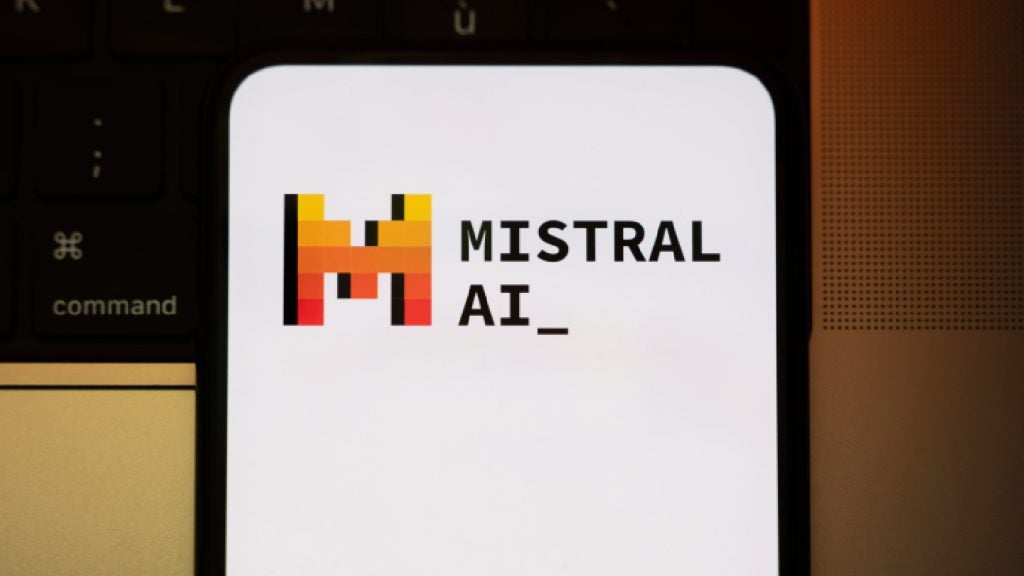
The European Union (EU) has introduced its code of practice for general-purpose AI.
The code addresses rules for AI models such as OpenAI’s GPT-4 and Google’s Gemini, including copyright protections and potential independent risk assessments for advanced systems.

Access deeper industry intelligence
Experience unmatched clarity with a single platform that combines unique data, AI, and human expertise.
The code aims to aid the industry in complying with the AI Act’s rules on general-purpose AI, effective from 2 August 2025.
In a statement, the European Commission (EC) said the AI Office will enforce these rules one year later for new models and two years later for existing models.
“This aims to ensure that general-purpose AI models placed on the European market — including the most powerful ones — are safe and transparent,” the executive arm of the bloc said.
Proposed in April 2021, the EU AI Act uses a risk-based approach, classifying applications into categories of unacceptable risk, high risk, limited, and minimal, or no risk.

US Tariffs are shifting - will you react or anticipate?
Don’t let policy changes catch you off guard. Stay proactive with real-time data and expert analysis.
By GlobalDataRegulations vary based on the risk level.
AI systems with unacceptable risks, like behaviour manipulation tools, will be banned.
The code comprises three chapters: Transparency and Copyright, applicable to all AI model providers, and Safety and Security, relevant to providers of advanced models.
Its Transparency chapter offers a Model Documentation Form for information documentation.
The Copyright chapter provides solutions for compliance with EU copyright law.
Some AI models pose systemic risks, such as threats to fundamental rights and safety.
The AI Act requires providers to assess and mitigate these risks. The Safety and Security chapter outlines practices for systemic risk management.
The EU’s decision to proceed with its rules comes amid pressure from US technology groups and European companies. The CEOs from companies such as Airbus and BNP Paribas urged Brussels to pause, citing unclear regulations threatening competitiveness in the global AI race.
It has already delayed publishing the code, which was originally due in May 2025.
Once endorsed by Member States and the Commission, providers signing the code can demonstrate compliance with the AI Act by adhering to it.
Signatories will benefit from “reduced administrative burden and increased legal certainty compared to providers that prove compliance in other ways”, the EC said.
The code will be complemented by EC’s guidelines on general-purpose AI, clarifying the scope of the AI Act’s rules.
European Commission executive vice-president for tech sovereignty, security and democracy Henna Virkkunen said: “Today’s publication of the final version of the Code of Practice for general-purpose AI marks an important step in making the most advanced AI models available in Europe not only innovative but also safe and transparent.
“Co-designed by AI stakeholders, the code is aligned with their needs. Therefore, I invite all general-purpose AI model providers to adhere to the code. Doing so will secure them a clear, collaborative route to compliance with the EU’s AI Act.”







